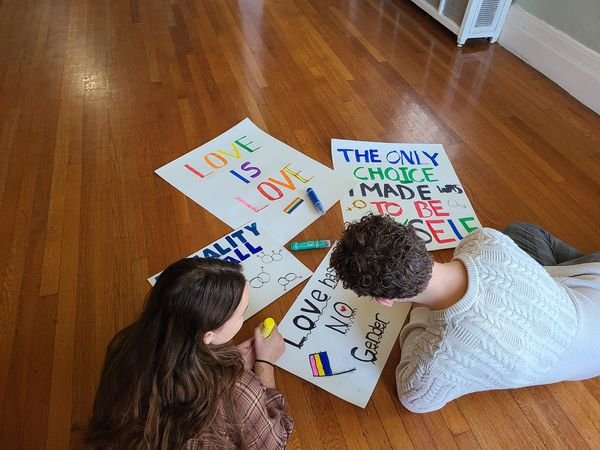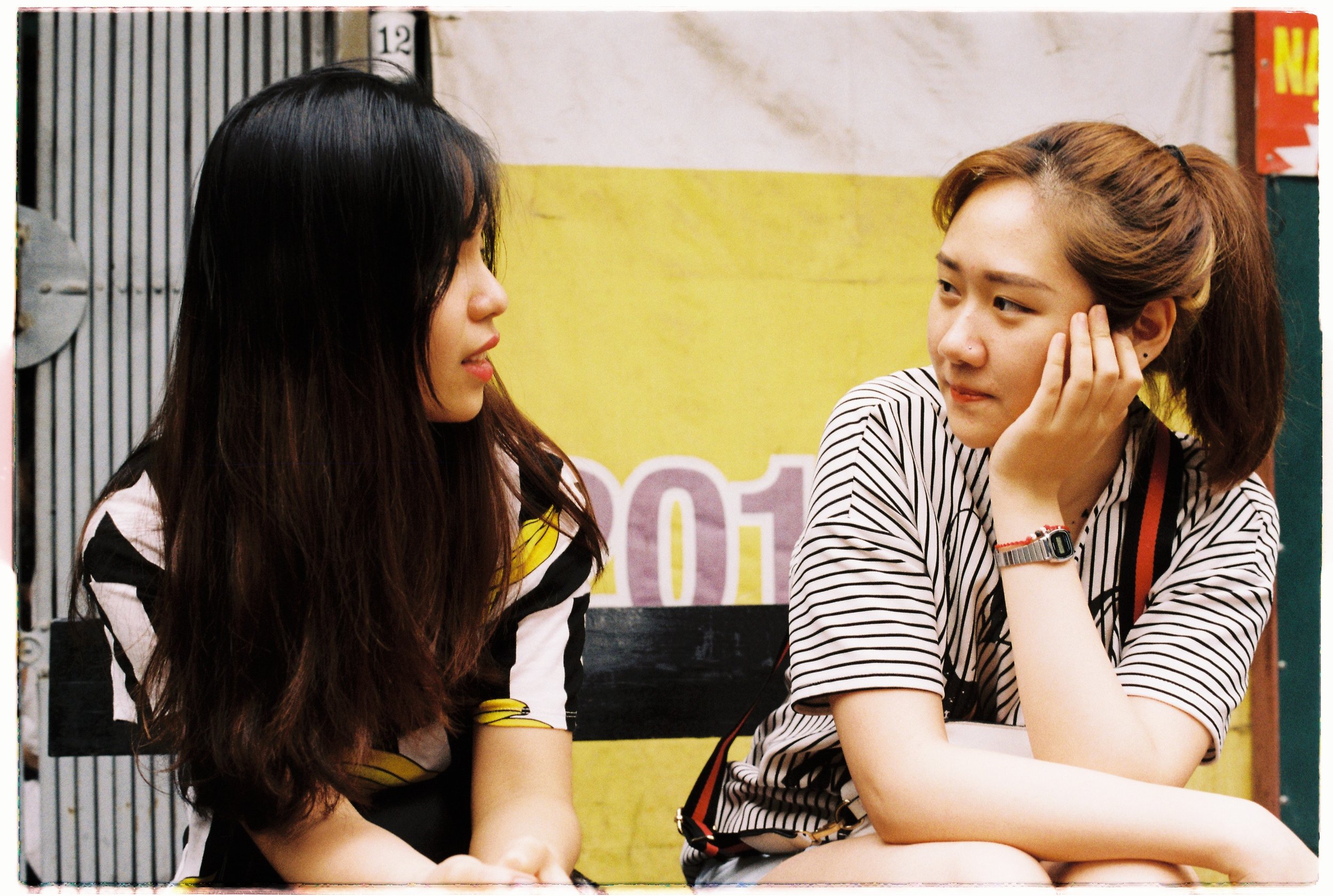Who We Are
Vision
Rainbow Youth Alliance SOMA envisions a community where all young people, including those of LGBTQIA+ identity, have a strong sense of belonging and feel valued, necessary, and hopeful about their future.
Mission
RYA supports local LGBTQIA+ youth, their families, and allies though building community, offering education, raising awareness, and creating social activities.
Values
Inclusivity. We want you and all youth to understand and accept your own identities and the identities of others. We want LGBTQIA+ youth to feel seen, normal, and accepted—such an intrinsic part of society that your identity isn’t holding you back or isolating you at all. We also want non-LGBTQIA+ youth to feel involved, welcome, and valued.
Hope. Our goal is for you and all youth, including LGBTQIA+ tweens and teens, to feel accepted in your communities and hopeful for your futures. We want you to feel connected to your peers, encouraged by your community, and empowered to become the leaders of tomorrow.
Community. LGBTQIA+ youth need a strong sense of community to prevent isolation, self-doubt, fear of judgment, and disconnection. By drawing together youth from across the South Orange and Maplewood areas, we can create a strong, caring community of peer friendships, social support, and youth awareness. We want SOMA to be a community where the LGBTQIA+ experience is normalized, visible, and supported.
What We Do
RYA is planning quarterly events that may include guest speakers, discussions, Zoom groups, community service projects, and social events. Our speakers will include doctors, psychologists, sociologists, activists, local civic leadership, and more.
Our events could cover activities like visiting a museum, picking up trash in the South Orange Reservation, learning about sexual health, or joining the 4th of July parade. Let us know if you have an idea for an event!
Our Team
Joseph Geoghan, Founder
Joseph, a gay 17-year-old from Maplewood, founded RYA to celebrate LGBTQIA+ youth. He wanted to create a supportive community that would make their shared queer experience visible, normalized, and valued.
“Coming out was difficult for me,” says Joseph, “even though we live in a really queer-supportive town. I didn’t know anyone else who was gay. I didn’t have anyone to talk to or identify with—in fact, I didn’t even know being gay was a thing. I found out through the internet.”
Joseph wanted to change the coming-out experience in SOMA. “I want other young people to feel safe, comfortable, and normal when they come out, because they and their friends know plenty of LGBTQIA+ people,” he explains. “And after they come out, I want them to find a kind, supportive community that understands and celebrates who they are.”
Joseph is also the president of the Spectrum Club, his high school’s GSA (gay-straight alliance).



